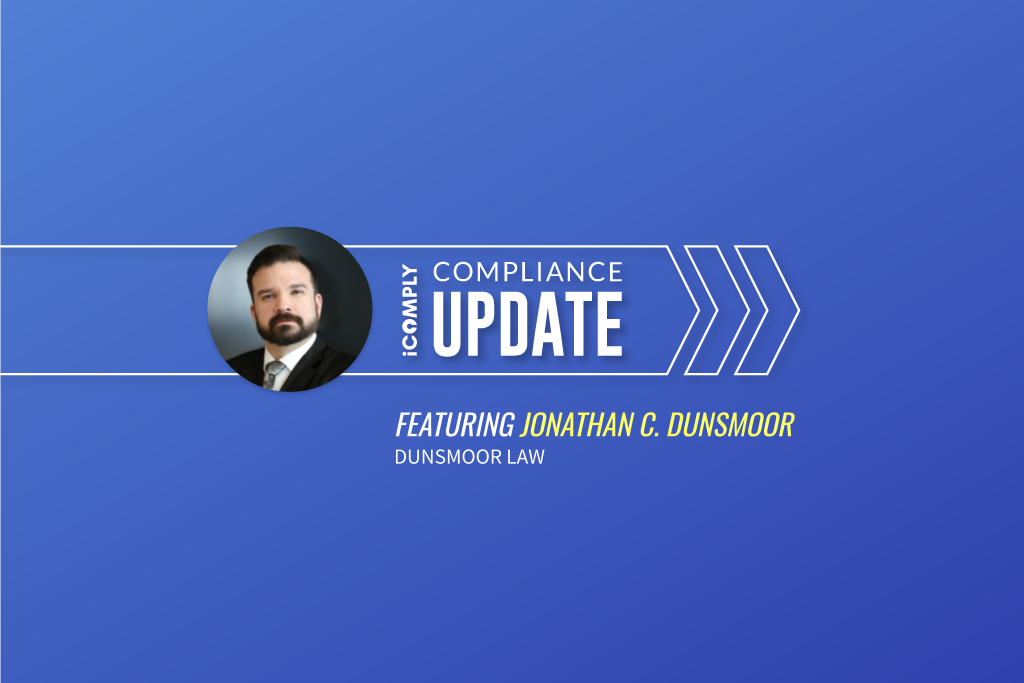September 2020 Regulatory Updates

Regulatory Actions and Updates from Around the Globe
Regulatory Updates – September 2020
Switzerland:
The Swiss Parliament approved new distributed ledger technology (DLT) regulations, introducing a new license category for digital asset exchanges, a new type of digital securities, and an updated framework for custody providers. Most notably, the new regulation is expected to pave the way for blockchains to be applied to the function of the central securities register.
MME, a prominent legal and accounting firm in Switzerland, recently published this detailed analysis of the new Swiss DLT regulation.
European Union:
The European Commission unveiled its much anticipated legislative package titled the Digital Finance Package. The package aims to increase the competitiveness and innovation within the EU financial markets and covers digital finance, payments, virtual assets, cyber-security, and digital resilience.
Hong Kong:
The Hong Kong Monetary Authority published new onboarding requirements for corporate customers, highlighting the possibilities of remote identity verification.
While the onboarding of natural persons has become commonplace in most major financial centers, an onboarding process for legal entities requires additional layers of assurance to complete:
- verification of the legal entity’s identity;
- identity verification of corporate representative(s);
- confirm corporate representative(s) have related authorizations;
- identification of current beneficial owner(s);
- identity verification on beneficial owner(s); and
- understanding the ownership, control, and business nature of the legal entity.
When it comes to customer due diligence for legal entities, the regulator considers these steps to be essential for any basic know your customer process. However, because corporations often have complex structures, enhanced due diligence is often required when onboarding a corporation or other legal entity.
While there is still a lot of room for innovation, iComply’s leadership in this area has contributed to the development of international and open source standards for how to digitally onboard a legal entity. Book a live demo of iComplyKYC to learn more.
Global:
The Financial Action Task Force (The FATF) issued new guidance, “Virtual Assets – Red Flag Indicators of Money Laundering and Terrorist Financing.” The report aims to help virtual asset service providers (VASPs), financial service providers, and non-financial businesses to better detect and report suspicious transactions.
The FATF outlines the following events to be key indicators of potentially criminal activity:
- Anonymization: peer-to-peer exchanges websites, mixing or tumbling services or anonymity-enhanced cryptocurrencies
- Geographic risk: where criminals may “shop jurisdictions” to exploit countries with weak, or non-existent, measures for virtual assets
- Transaction patterns: irregular, unusual, or uncommon account or wallet activity
- Transaction size: where the amount and/or frequency has no apparent business explanation
- Sender or recipient profiles: unusual account behavior
- Source of funds or wealth: which can relate to criminal activity
The report is expected to provide clarity for the finance sector, financial intelligence units, law enforcement agencies, prosecutors, and regulators to better understand when a virtual asset transaction may require enhanced due diligence, monitoring, or suspicious activity reporting.
United States:
The Securities and Exchange Commission (SEC) published a “no action” letter outlining the role of an alternative trading system (ATS) in the nascent digital securities industry.
The letter provides clarity from the regulator on how digital securities transactions can be performed using either a four-step non-custodial process or a new three-step process using custodians. The letter outlines both processes in detail and signals how the SEC is preparing for digital securities to be used widely throughout the financial sector—with or without the need for a custodian.
Expert Insights
12 Month Review of Revised FATF Standards – Virtual Assets and VASPs
Sept 16, 2020 | In the recent Expert Insight, Jonathan C. Dunsmoor of Dunsmoor Law, P.C. reviews the impact of the revised FATF standards on the virtual asset industry.
Enforcement Highlights
Hong Kong: SFC fined The Bank of East Asia $4.2 million for failing to ensure compliance according to relevant regulatory requirements.
United Kingdom: FCA published a warning regarding a “clone firm” that scams customers by pretending to be an FCA-authorized firm and advice on protecting yourself from similar fraud schemes.
United States: SEC charged 5 individuals including a famous film producer for promoting two fraudulent ICOs, FLiK and CoinSpark.
United States: eSports gaming platform Unikrn settled unregistered ICO charges with SEC by paying a $6.1 million penalty back to harmed investors.
United States: The U.S. Department of the Treasury’s Office of Foreign Assets Control (OFAC) sanctioned two Russian nationals for involvement in a cryptocurrency phishing campaign, blocking all of their all property and interests in property in the country.
learn more
Is your AML compliance too expensive, time-consuming, or ineffective?
iComply enables financial services providers to reduce costs, risk, and complexity and improve staff capacity, effectiveness, and customer experience.
Request a demo today.
Customer Identification: Best Practices for Accurate Verification
Customer identification is a critical process for financial institutions and businesses to verify the identities of their customers, mitigate risks, and ensure compliance with regulations. Accurate customer identification helps...
Enhancing Security with Liveness Detection Technology
In an era where digital fraud is increasingly sophisticated, liveness detection technology has emerged as a critical tool for enhancing security. This technology ensures that the biometric data provided during identity...
Digital Onboarding: Streamlining Customer Onboarding Processes
Digital onboarding has revolutionized the way financial institutions and businesses welcome new customers. By leveraging technology, organizations can streamline the onboarding process, enhance user experience, and ensure...





